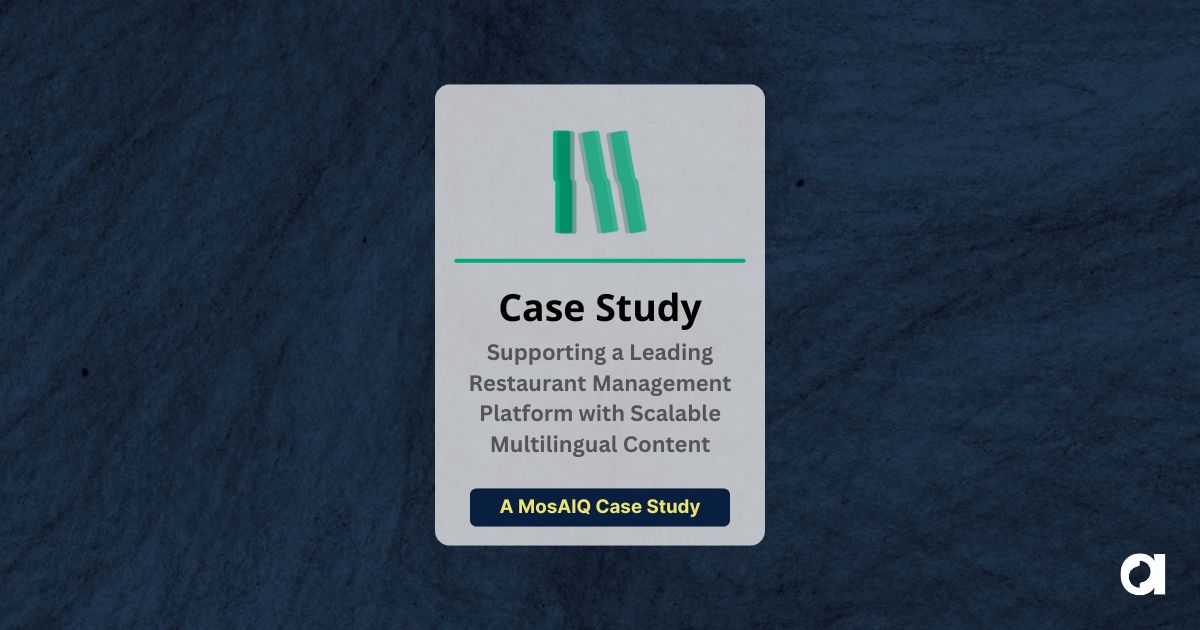Home to 84 million people, Turkey is a large market that companies often look at expanding into. And with expansion comes SEO, so we chatted with our marketing manager, Gökhan Toros, about what you need to consider when managing Turkish SEO campaigns.
About Turkish Internet Users
While researching his episode, Gökhan discovered that Turkey ranks in the top 5 Instagram users worldwide, and half of the Turkish population is actually on Instagram, about 52.5 million users. As it’s becoming crucial to integrate social media into your marketing and search strategies, using Instagram when targeting Turkey is a great place to start.
Content
Unfortunately, Turkish users have to put up with a lot of bad-quality content, which they’re beginning to say no to. Therefore, it’s vital that you focus on content quality rather than quantity when you’re dealing with Turkish SEO.
Expats/tourists
As Turkey is a leading tourist destination, it’s worth sending out your SEO campaigns in different languages if the tourist trade is something you’re looking to target. There are no set rules on what you can and can’t do; simply ensure you follow international SEO best practices.
Turkish eCommerce
Turkish consumers love shopping online, and because of covid, eCommerce has grown by 116% in the last year. Individual orders have also increased by 36%, so we know it’s not just a case of looking online and buying elsewhere. And, even more surprisingly, people in Istanbul spend, on average, a whole month’s salary (minimum wage) on eCommerce every year.
Know your Turkish SEO competition
Turkey is a steadily growing market, so you will go up against well-established local competitors and large brands such as Amazon. This is leading to lots of content focusing on USPs like “Amazon prices” when they’re creating content and calls to action.
While this may sound scary, the good news is that most of your competition will likely have a very low-quality SEO strategy. When it comes to Turkish SEO in general, the majority of content is keyword-stuffed and very much clickbait. For foreign companies, the quality of the Turkish language is also awful – typically, you’re looking at machine-translated content, which is not enough to gain Turkish consumers’ trust. On top of that, there’s next to no SEO strategy in place, so many companies are publishing content sporadically. This means you have a big advantage if you’re willing to invest in Turkish SEO and do it properly.
Experience with Turkish SEO
If you work directly with a Turkish company, you’ll probably deal with one of two personas. The first is that business owners/managers will not understand what SEO is and how it’s done, so expect a lot of education to happen. The second will be business owners who understand the value of SEO but had a bad experience with their previous SEO agency, so they lack trust.
When it comes to users, they’re not very price sensitive, but they are very sensitive to bad-quality content. So, make sure that your Turkish SEO content is transcreated or written from scratch and that you avoid machine translation at all costs. Turkish users need you to win their trust; quality content is a fundamental way to do that.
Turkish SEO best practices
To succeed in Turkey, there are several best practices you need to be following:
- Have a well-planned SEO strategy
- Write high-quality content to support your strategy
- Measure everything you do, using international tools (Google tools and standard keyword research tools like SEMRush and Ahrefs work well for Turkish)
- Use a Turkish domain (e.g. /com.tr)
- Implement hreflang tags (tr)
Final thoughts
As you can see, Turkish SEO can be very rewarding if you’re willing to put in the effort. If it’s an area you’d like some support with, get in touch.
Watch Gökhan’s Episode
About Gökhan
Gökhan started life as an engineer before making the marketing move. Since then, he’s worked for a leading cycling magazine as an editor, before moving to Poland and joining the Argos team.
 Argos Multilingual
6 min. read
Argos Multilingual
6 min. read
According to the Central Bureau of Statistics, Israel’s population is set to skyrocket to about 18 million in the next 30 years, so it’s no wonder that companies are looking at exploring the world of Hebrew SEO. As part of our iSEO video series, we sat down with Israeli SEO, Limor Barenholtz, who walked us […]

 Argos Multilingual
10 min. read
Argos Multilingual
10 min. read
As the world’s 4th largest economy by GDP, and the 4th highest disposable income per capita, Germany is a powerhouse that many international companies are looking to expand into. But how should you go about your German SEO? To answer this question, we spoke to Nina Sattler-Hovdar as part of our iSEO video series. Key […]











